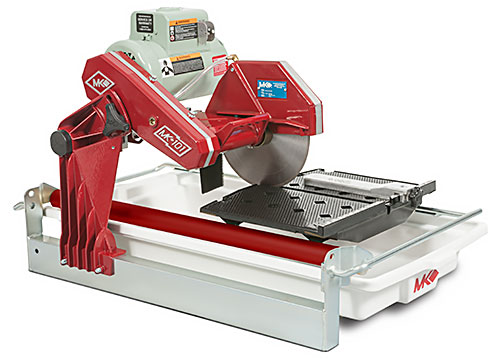In the dynamic world of automotive engineering, precision and efficiency are paramount. One integral aspect of this landscape is automotive die casting parts, which play a pivotal role in shaping the modern vehicles we drive today. This article delves into the significance, applications, and advantages of automotive die casting parts, shedding light on their role in driving innovation within the automotive industry.
What are Automotive Die Casting Parts?
Automotive die casting parts are components manufactured through the die casting process, a technique that involves injecting molten metal into a steel mold under high pressure. This method enables the production of intricate and complex parts with tight tolerances and excellent surface finishes. Automotive die casting parts are typically made from alloys such as aluminum, magnesium, and zinc, chosen for their lightweight properties, durability, and thermal conductivity.
Applications in the Automotive Industry
The automotive industry relies extensively on die casting parts due to their versatility, strength, and cost-effectiveness. These components find application in various vehicle systems and subsystems, including:
Engine Components: Die casting parts are integral to the functioning of automotive engines, contributing to components such as cylinder heads, engine blocks, pistons, and intake manifolds. These parts demand high precision and heat resistance to withstand the rigorous conditions within the engine.
Transmission Systems: Transmission housings, clutch components, and gearboxes often incorporate die casting parts. These components require durability, dimensional stability, and precise geometry to ensure smooth operation and efficient power transmission.
Suspension and Steering Systems: Die casting parts play a crucial role in suspension components like control arms, knuckles, and steering housings. These parts must withstand heavy loads, vibration, and impact while maintaining dimensional accuracy and structural integrity.
Chassis and Structural Components: Automotive frames, chassis, and structural reinforcements benefit from the lightweight yet robust nature of die casting parts. These components enhance vehicle stability, rigidity, and crashworthiness while optimizing fuel efficiency.
Exterior and Interior Trim: Die casting parts contribute to the aesthetic appeal and functionality of vehicle exteriors and interiors. From door handles and mirror housings to dashboard components and decorative trim, these parts offer durability, precision, and design flexibility.
Advantages of Automotive Die Casting Parts
Automotive die casting parts offer numerous advantages that make them indispensable in vehicle manufacturing:
High Strength-to-Weight Ratio: Die casting parts provide exceptional strength and rigidity while remaining lightweight, contributing to improved fuel efficiency and vehicle performance.
Complex Geometry: The die casting process allows for the production of intricate shapes and complex geometries with minimal secondary machining, reducing production time and costs.
Dimensional Accuracy: Die casting parts exhibit tight tolerances and precise dimensions, ensuring consistency and compatibility in assembly.
Excellent Surface Finish: Automotive die casting parts boast smooth surfaces and fine details, eliminating the need for additional finishing operations and enhancing aesthetics.
Cost Efficiency: Mass production capabilities and streamlined manufacturing processes result in cost-effective production of automotive die casting parts, making them economically viable for high-volume production.
Conclusion
Automotive die casting parts represent a cornerstone of innovation and progress in the automotive industry. With their versatility, precision, and cost-effectiveness, these components contribute to the development of safer, more efficient, and technologically advanced vehicles. As automotive engineering continues to evolve, the role of die casting parts will remain integral, driving forward the future of mobility with ingenuity and excellence.
Review our Cast Parts Blog
gives information on how to get a Aluminum Castings and Zinc Castings.
To get Castings Prices look at this website if you are looking for Cast Aluminum Parts.
This is where you find information on Aluminum Casting Process.
Contact:
Cast Parts Die Casting Company
818-982-9200
Sales@Cast-Parts.com

